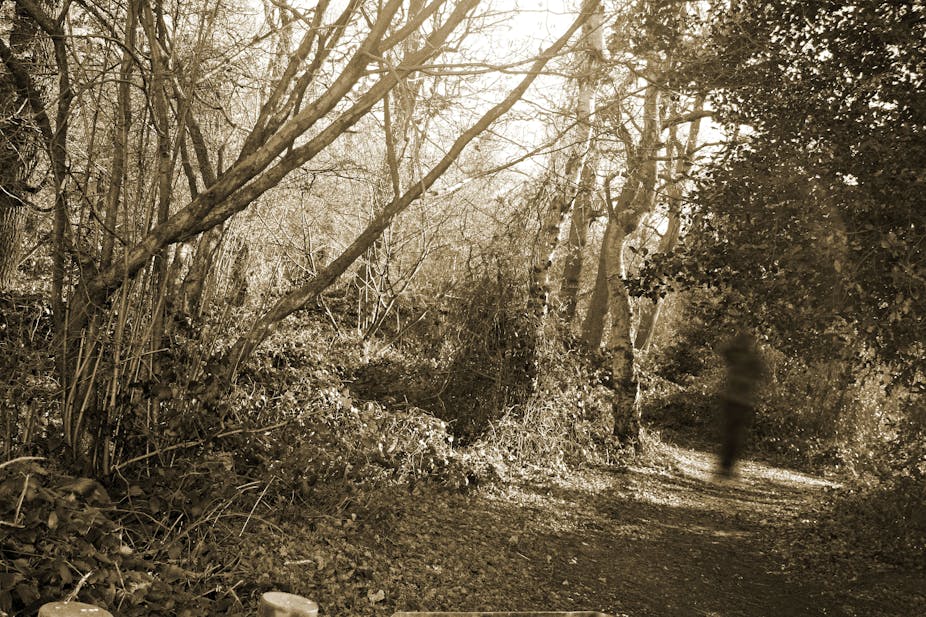Reports about the latest investigation into the sexual assaults carried out by Jimmy Savile’s in a hospital in Leeds were invariably led by accounts from a small group of staff that Savile had engaged in indecent, sometimes sexual behaviour with human corpses. The allegations were based on statements that Savile made himself after the fact and were far less substantiated than other abuses carried out by Savile with actual living persons. But nevertheless the necrophilia quotes took centre stage.
But what is it about the sexual abuse of corpses (shortened to the term necrophilia in the 19th century) that some seem to find so fascinating, titillating, and abject?
The short answer is the necrophiliac’s unbridled desire and eagerness to engage in a transgression that would horrify most others. We find many dead things difficult, not least a human. And as researchers into disgust might tell you, a sense of disgust generally stops us doing things we shouldn’t.
One study that reviewed 122 cases of necrophilic acts or fantasies classified it into three types: necrophilic homicide, “regular” necrophilia, and fantasies of committing necrophilia. They found the most common motive for necrophilia was “possession of an unresisting and unrejecting partner”, rather than explicit psychopathic tendencies, for example. The authors said necrophiles – as they are also called – often chose occupations that put them in contact with corpses.
Savile certainly had access to a morgue. But from a public perspective, a person’s ability to imagine these explicit taboos actually happening is also what gives necrophilia its shock value.
Legally speaking
Necrophilia laws, specifically Section 70 of the Sexual Offences Act 2003, cover this type of transgression in the UK. Both Section 70 and its accompanying explanatory notes make clear that any sexual penetration or inappropriate physical conduct with dead bodies is against the law. If convicted, a person can end up in prison for anywhere from six months to two years as well receiving a fine.
The problem with many necrophilia crimes (which often go unreported in the press) is that unless a specific law exists making the acts illegal, it can become difficult to punish.
This is exactly what happened in the US state of Wisconsin in 2006 when three young men attempted to exhume a dead woman’s body from its grave so that one of the men could have sex with it. The three were discovered digging into the grave by local law enforcement before they could ever remove the body from its grave. When a local prosecutor decided to charge the men with attempted sexual assault of the corpse, their lawyers pointed out that no crime had actually taken place since no state law had made necrophilia a crime and, most importantly, there was no person, so no victim.
Dead bodies aren’t people. They are most certainly human, but once any of us dies we become quasi-subjects before the law. Ultimately, the Wisconsin State Supreme Court took on the case and decided that, in fact, dead bodies can be “persons”. It meant that in this instance two of the men could be charged with attempted necrophilia or more specifically, “attempted third-degree sexual assault.”
A dead body’s legal status often makes necrophilia all the more impossible to fathom when we think about it in relation to the sacredness that many families will view a corpse as holding – the person may be dead, but they remain a loved one. In the eyes of the law in many necrophilia cases, a dead body becomes a kind of “property” for the next-of-kin, which is a concept that many people find doubly disturbing. Because necrophilia, in this sense, becomes an act of vandalism, not a sexual attack against a person.

